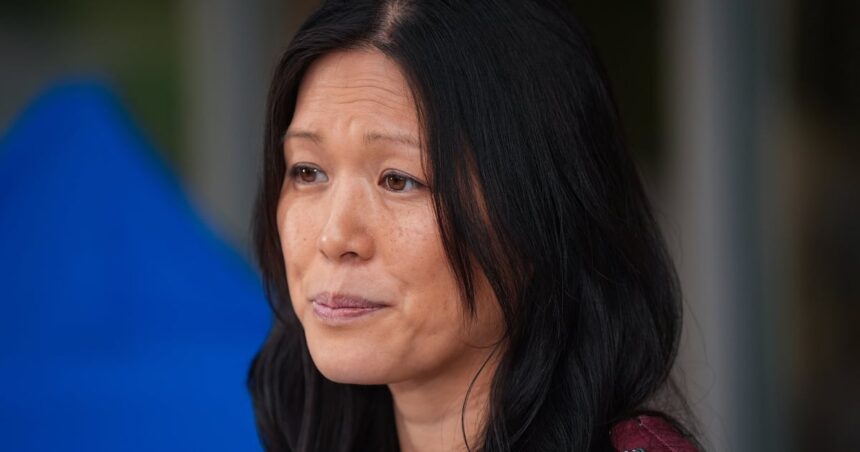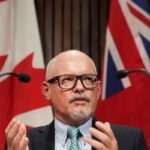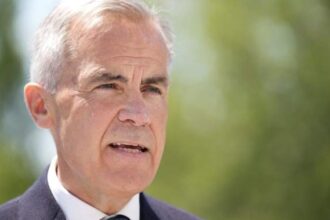In a sobering revelation that highlights the darkening climate for public servants, British Columbia’s Minister of Mental Health and Addictions, Jennifer Whiteside, disclosed that she considers herself “fortunate” to have received only about half a dozen death threats during her tenure. The statement, made during a recent provincial press conference, casts a troubling spotlight on the increasingly hostile environment Canadian politicians navigate daily.
“The reality is that serving in public office today means accepting a level of vitriol that would have been unthinkable just a decade ago,” Whiteside remarked, her voice steady despite the gravity of her words. “When receiving merely six death threats feels like getting off lightly, we must acknowledge the fundamental shift in our political discourse.”
This admission comes amid a disturbing national trend. According to recent data from the RCMP, threats against federal politicians have increased by nearly 30% over the past two years. Provincial leaders face similar hostility, with female politicians and those from minority backgrounds reporting disproportionately higher rates of threatening messages.
Public Safety Minister Dominic LeBlanc recently told the House of Commons that the federal government is “deeply concerned about the escalating pattern of intimidation” targeting elected officials across party lines. This concern extends beyond the federal level, with municipal leaders from Vancouver to Halifax reporting similar experiences.
“The normalization of this behavior represents a genuine threat to our democracy,” explains Dr. Sarah Mitchell, political scientist at the University of Toronto. “When qualified individuals avoid public service out of fear for their safety, we all lose the benefit of their contributions.”
Digital platforms have dramatically amplified this problem. What once might have been muttered complaints can now manifest as coordinated harassment campaigns that follow politicians from their offices to their homes. Several Canadian legislators have recently scaled back public appearances or installed security systems at their residences—practical responses to very real threats.
For Whiteside and her colleagues, these challenges represent more than just personal safety concerns. They raise fundamental questions about the sustainability of political service and the health of Canadian democracy itself.
“We need to recognize that this isn’t just about protecting individual politicians,” notes former Parliamentary Security Chief Marcel Clement. “It’s about preserving the openness and accessibility that have long been hallmarks of Canadian governance.”
Provincial legislatures across the country have responded by enhancing security measures, with British Columbia and Ontario leading in implementing comprehensive threat assessment protocols. However, experts caution that security measures alone cannot address the root causes of political hostility.
“The solution requires a multi-faceted approach,” says social media analyst Priya Singh. “We need stronger enforcement against online threats, better mental health supports, and most importantly, a collective recommitment to respectful political dialogue.”
As Canada prepares for upcoming electoral cycles at various levels of government, Whiteside’s candid acknowledgment serves as both a warning and a call to action. How can we preserve the accessibility of our democratic institutions while ensuring that those who step forward to serve can do so without fearing for their safety?
























